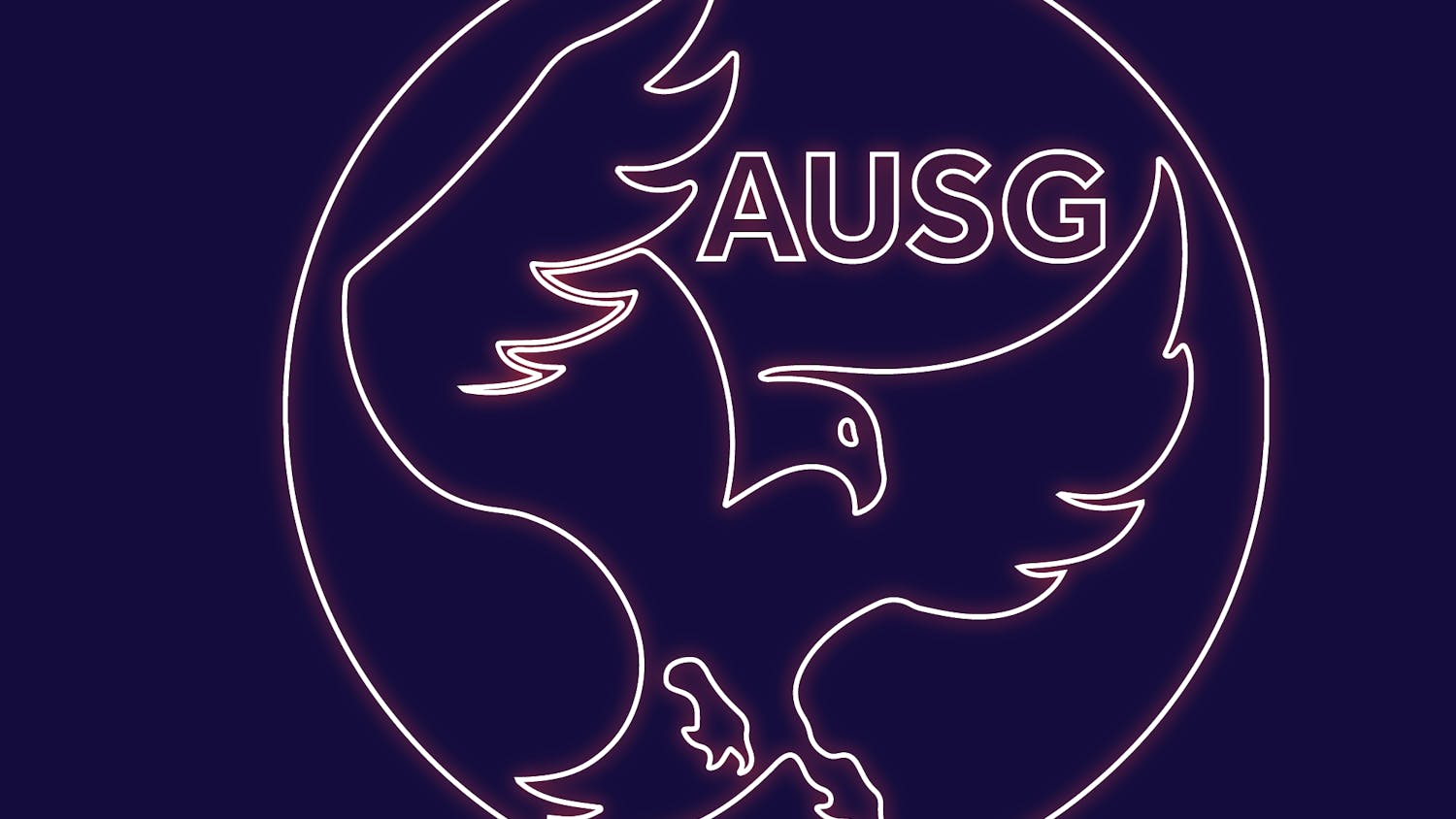Universities across the nation are focusing on classical texts and historical accomplishments in an attempt to revise curricula, according to the New York Times.
Peter Kuznick, a history professor in the College of Arts and Sciences, said that all "reputable" colleges history programs shifted to the left during the social and cultural revolutions from the 1960s to the 1980s.
Now, some organizations and universities are attempting to find a different balance, such as the University of Texas at Austin and the University of Colorado at Colorado Springs.
University of Texas at Austin's program focuses on everything from the Bible to the Renaissance to modern American history, giving students the opportunity to read classic works themselves and provoking conversation, according to Robert Koons, director of Texas' Program in Western Civilization and American Institutions.
However, since conservative organizations finance most of the initiatives, many people are wary of the movement, fearing it may have a right-wing agenda and shift the teaching of history toward a focus on "greatest accomplishments," the Times reported.
While the programs may appear to be conservative, AU College Republicans President Luke Kraus said he thinks that triumphs, in addition to oppression, are a part of history - and that colleges should not exclude them from curriculum.
"History teachers should focus on what is most important historically, regardless of its pleasantness or lack thereof," he said. "Great accomplishments should certainly be emphasized in teaching history because such historical acts are important because they are great accomplishments."
Veritas Fund for Higher Education Director David DesRosiers said the programs are above political ties.
"We think the current deconstructionist interpretation gives students a partial understanding that is not true to the reality of our country in particular and Western civilization in general," he said.
The conservative Manhattan Institute created the Veritas Fund to fund college professors who share its desire to teach courses on the great books that have "fallen out of fashion," DesRosiers said.
Koons also said he thought the recent shifts in education transcend partisanship.
"The ideas and issues that frame the debates [among students] are a common ground, a source of inspiration and intellectual substance whether you're right, left or center," he said.
Robert Sackett, the chair of the history department at the University of Colorado at Colorado Springs, said he sees the issue differently. The university recently used a book of classical texts for incoming freshmen reading and Sackett said he did not find any negatives in using the book since he only used it to teach a few works.
"I don't mind using the text for what it contains because there is no conservative slant in our class discussion," Sackett said. "But the way conservative organizations have planted it is disconcerting."
Sackett said he is concerned about conservative groups' recent influence because he has never before encountered partisan groups attempting to influence American education. However, he said he thinks their attempt is bound to fail since the texts used do not automatically fit conservative ideas. Additionally, he believes the subject of history should be relevant and that students today would not buy a history lesson based solely on generals and battles and presidents.
Kuznick said AU students and faculty would not be likely to embrace a program focused on conservative values since many of the positive aspects of these programs are already incorporated into the curriculum.
"I doubt that these 'classical' programs would appeal to AU's faculty and students any more than would a right-wing funded program to replace computers with typewriters," he said.
The most important part of history is not the packaging but the content, Kuznick said.
"Of paramount importance is the fact that we have broadened the boundaries of what we teach and write about," he said.
You can reach this writer at news@theeagleonline.com.




